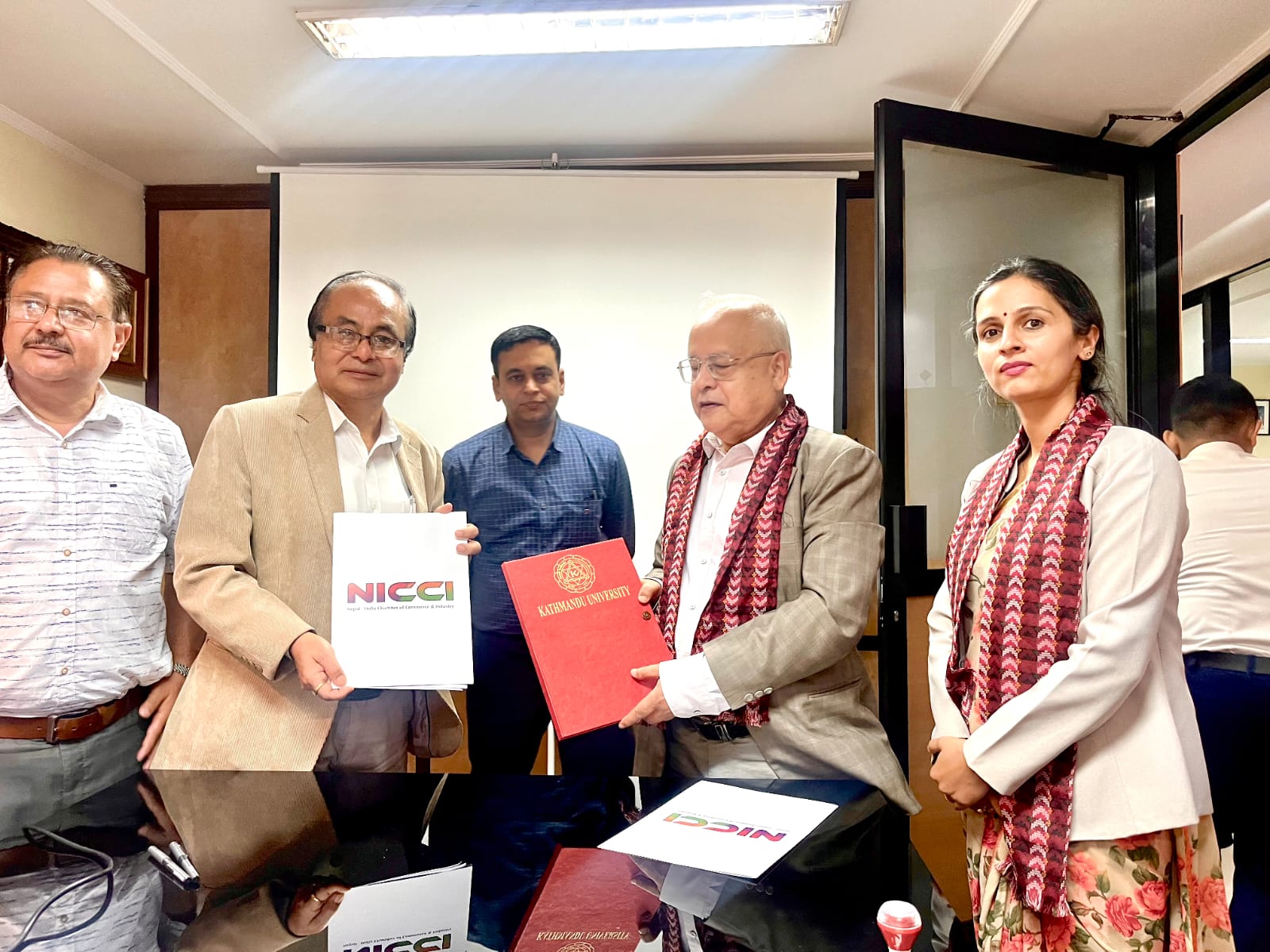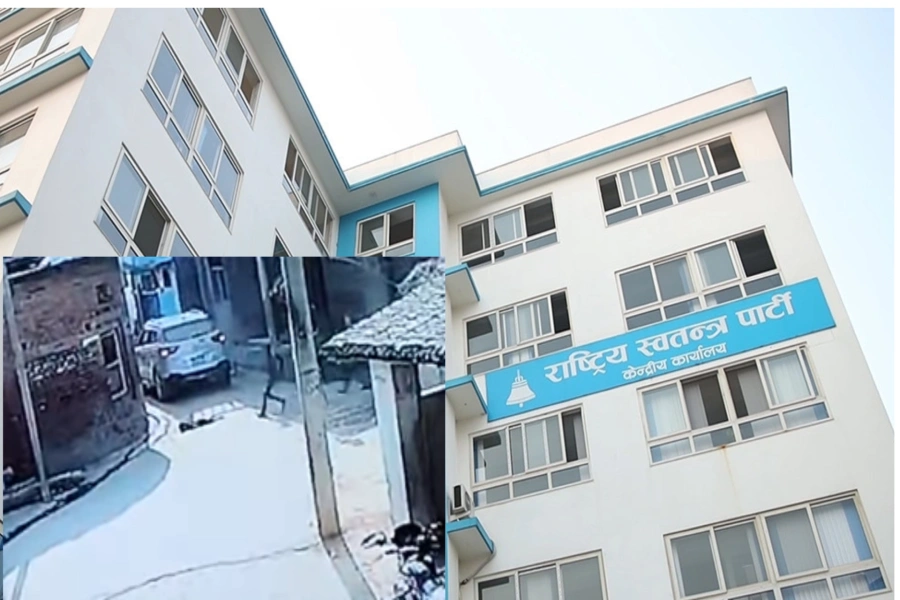Nepali officials are busy finalizing agendas for a meeting with top Chinese officials led by state councilor Yang Jiechi. During the two-day visit (May 18-19) of the high-level Chinese delegation, Nepal will seek China’s support to boost its trade, at a time when trade deficit with the northern neighbor has been surging. It has not been hidden that besides its expanding economic interests, China’s political influence in Nepal has also grown with the emergence of China as a global power. In line with China’s growing clout, it is also natural for Nepal to seek Chinese assistance in upgrading its trade infrastructures to the north.
As such, the upcoming meeting is set to be dominated by economic issues, including Chinese support on strengthening Nepal’s trade infrastructures and removing non-tariff barriers. Despite the huge potential in export of Nepali goods to China, which offers duty-free access to 7,787 goods from Least Developed Countries (LDCs) including Nepal, export volume to the world’s second largest economy is negligible compared to big imports from there. Weak supply capacity, coupled with slowing growth of industrial and farm sectors, poor trade infrastructure and non-tariff barriers hamper Nepal’s trade with Asia’s largest market.
Keeping this in mind, Nepal will ask for support for the upgrading of Bhaktapur-Tatopani road; creation of Special Economic Zone (SEZ) near northern border points and cross-border economic zones in Jielong (of Tibet) and Rasuwagadhi (of Nepal); simplification of customs procedures and improvement of Rashuwagadhi customs with new dry port. But although these infrastructures are crucial for trade promotion, they are not sufficient to give new impetus to Nepal’s slowing trade with China. Until and unless Nepal strengthens its export capacity by increasing production volume and number of exportable products, there is no possibility of bringing down trade deficit with China, projected at Rs 51.94 billion in 2011/12 according to the Trade and Exports Promotion Center (TEPC), up from Rs 44.89 billion a year before. If trade deficit continues to worsen at the current rate, Nepal will face a trade deficit of over Rs 65 billion with China in the current fiscal year.
Given the bleak scenario of trade with China, Nepali officials on one hand should seek Chinese support to enhance production of exportable goods which have high demand and enjoy comparative advantage in Chinese markets. Promotion of exports of medicinal herbs, hides and skins, carpet and incense sticks, all among emerging products gaining markets in China, will help dent the trade deficit. But it would be improper to only seek preferential treatment for Nepali goods from China; we also have to enhance our capability to supply quality goods at cheaper prices to Chinese market, which is emerging as a hub for similar products from other countries.
Besides, regular dialogue with Chinese officials at government as well as business levels will be instrumental in expanding bilateral trade and exploring new business opportunities by removing existing trade obstacles. Nepal has a lot to learn from the rapid economic development of China. First, it could start with trying to replicate the knowhow and investment strategies that make the northern neighbor a global power.
NICCI and KUSOM partner to bridge industry-academia gap






































